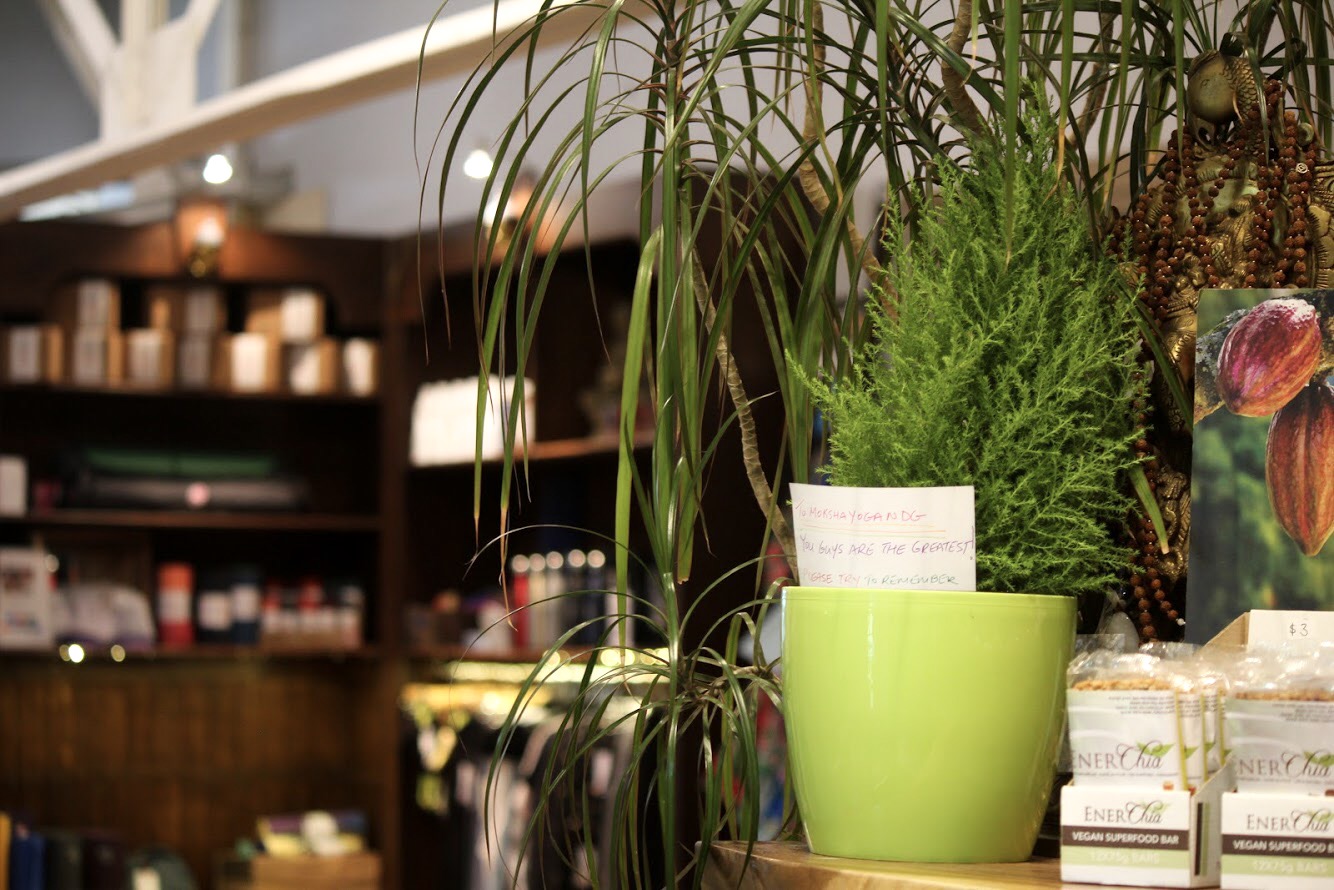Take a break and reconnect with your mind, body and spirit through yoga
Juggling work, studies, and trying to maintain an active lifestyle isn’t easy. We all dream of being fit and healthy, but not everyone is up to the commitment of subscribing to a gym, paying the monthly fee, and going three to four times a week. Some people may have it all scheduled perfectly, but for those who don’t, you’re not alone.
I treasure my down time spent on the sofa, with one hand in a bag of chips and the other queuing up Netflix—heck, I need those relaxation days. But I can’t argue with studies like the ones outlined by Natalie Gil in The Guardian, that show a staggering correlation between physical activity and academic performance. According to the article, students committed to routine physical activity are more likely to possess skills such as self-discipline, time-efficiency and leadership than those who are not. The issue with these articles is that they aren’t convincing enough, at least not for me.
For those, like myself, who are not a fan of aimlessly jogging, chasing after balls in a field, or hate going to the gym, I’ve found yoga to be a great way to stay active as well as in tune with one’s mind, body and spirit. “What I love the most about yoga is that it gives me a chance to check in with myself everyday,” said Julia Speirs, a Concordia student, front office secretary and regular student at Moksha Yoga in Griffintown. “I always feel a hundred times better when I leave the class. It gives me the chance to just reconnect my mind and body and breathe for an hour.” There are Moksha Yoga locations in Notre-Dame-de-Grâce (NDG) and on St-Laurent Boulevard as well.
Moksha offers hot yoga, which is different than a regular practice because the classes are held in a humid room, typically at 35 °C to 40 °C. In general, yoga is not just a great way to sweat out the toxins in your body, it’s also conducive to overall good mental health. “It helps with stress management and, especially [since] Moksha yoga is hot yoga, it’s really soothing to my muscles. Afterwards, I just feel so much healthier and so much more energetic,” said Speirs. If you’re ever having a bad day and want to get rid of some negativity, Moksha might prove to be something that works for you. Am I not convincing you to drag your butt out to the studio? I get it. It’s easier said than done.
Despite all the benefits of yoga and its trendiness in pop culture, many feel intimidated by it. We walk past Lululemon advertisements with people practicing yoga so gracefully and with such precision. We see Instagram videos of people holding handstands for minutes on end with apparent ease, while we can barely reach our toes—how can we not feel intimidated?
“I always remind myself and the clients that you don’t practice yoga to be good at yoga. You practice it for yourself and the benefits you feel from it,” said Speirs. She explained that, while practicing yoga does require strength and concentration, most importantly, it requires respect for our bodies.
“A yoga room is a place of peace. If you feel like just laying down the whole class and focusing on your breathing, that’s perfectly fine,” said Speirs. “Yoga is about connecting body and mind, and each person has [their] own way of feeling that connection.”
Some Moksha classes are $5 or pay what you can, and there is a Facebook group where instructors working towards their Moksha certification offer occasional free classes! If you don’t have your own mat and towel (and you will need a towel), they’re only $2 to rent. More information about classes offered at each Moksha location can be found on their respective websites.
Feature image by Alex Hutchins
